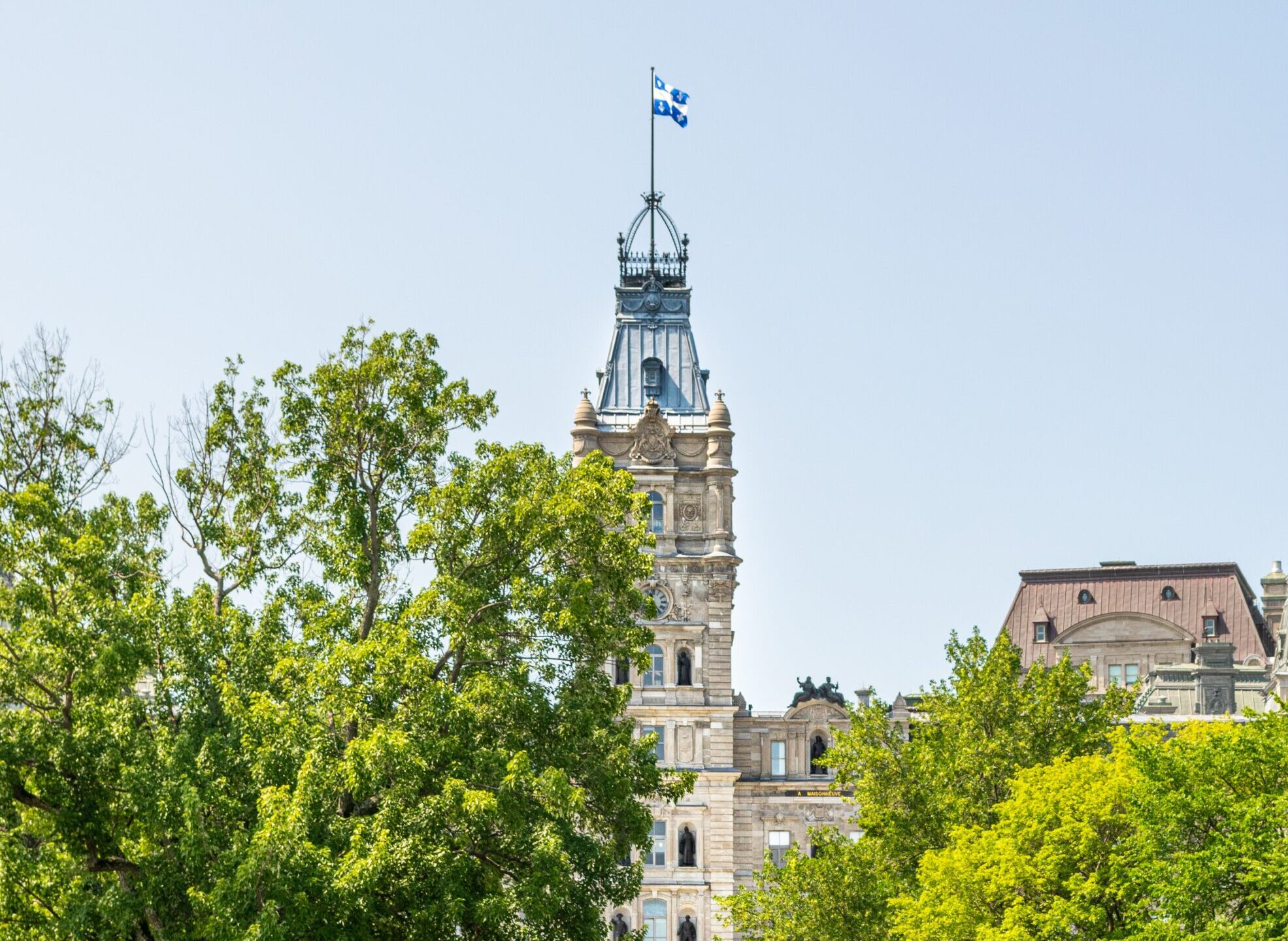The Quebec government has temporarily halted two key immigration programs leading to permanent residency. Premier François Legault cited an overload on social and healthcare services as a primary driver behind the decision, affecting thousands of applicants. This move pauses the Quebec Selection Certificate (CSQ) process for foreign students and economic immigrants and reflects an ongoing debate over sustainable immigration levels within the province. The federal government and Immigration Minister Mark Miller have responded with concerns, highlighting differences in immigration strategies between Quebec and Ottawa.
The temporary suspension of the Quebec Selection Certificate will impact the province’s pathway to permanent residency for two distinct groups: foreign students and economic immigrants. Under Quebec’s immigration framework, the CSQ is essential to obtaining permanent residency in the province. While current applications will continue to be processed, the government has paused new applications to address what it describes as a backlog and to recalibrate its immigration system.
Quebec’s decision adds a new dimension to the longstanding immigration debate between Quebec and the federal government. Under Canada’s Constitution, Quebec maintains partial control over its immigration levels and selection criteria, especially regarding language and cultural integration. However, Ottawa retains oversight on the overall immigration framework.
Immigration Minister Mark Miller responded to Quebec’s policy shift, expressing skepticism about Legault’s rationale for pausing pathways for those already residing in Quebec. Miller noted that the federal government had requested a clear plan from Quebec to address immigration issues and reduce the number of temporary residents. However, he criticized Quebec’s response, emphasizing that the province has yet to present a measurable plan.
Canada has experienced record-breaking population growth, the highest since the 1950s, largely driven by immigration. This year, the federal government revised its targets to cap permanent residency admissions at under 400,000, down from a previous goal of 500,000. Ottawa’s decision aligns with concerns over managing labor shortages while addressing public sentiment around immigration levels. A recent survey conducted by Abacus Data found that nearly half of Canadians view the current immigration system in a negative light.
In the coming months, it remains to be seen whether the rest of Canada will once again shoulder the burden of Quebec’s increasingly self-focused demands.

